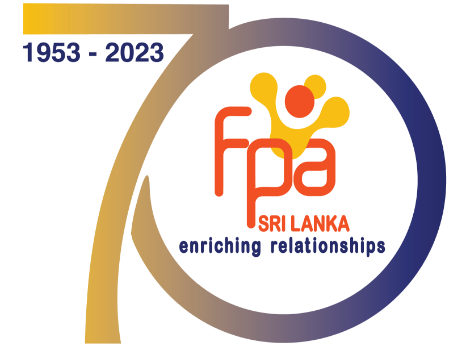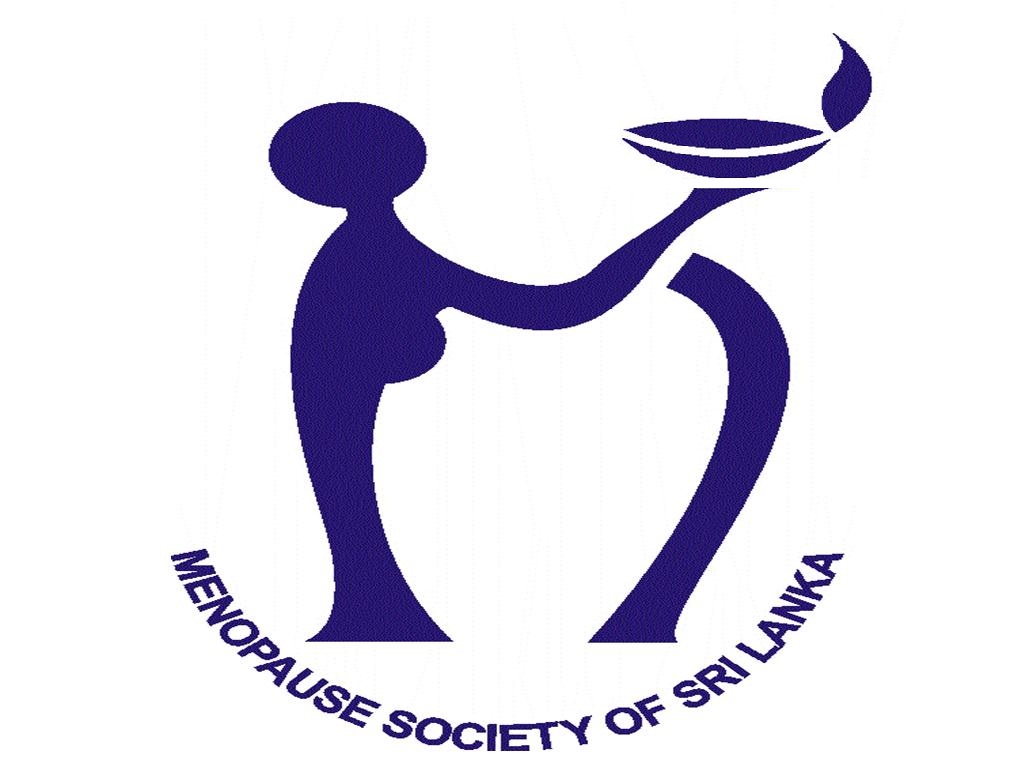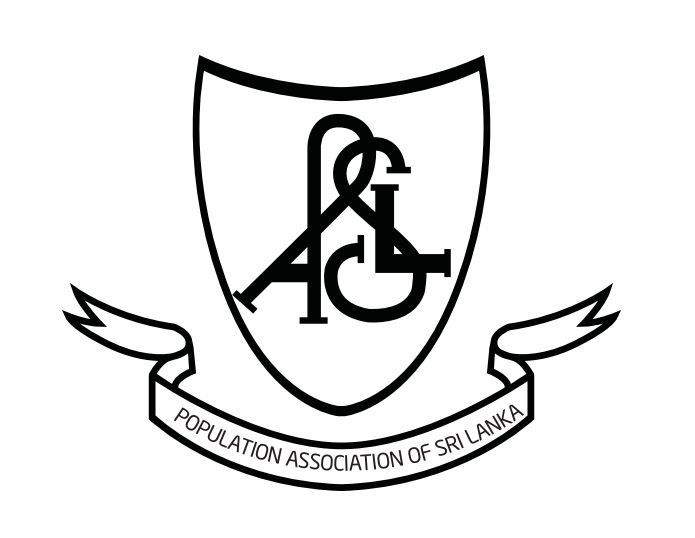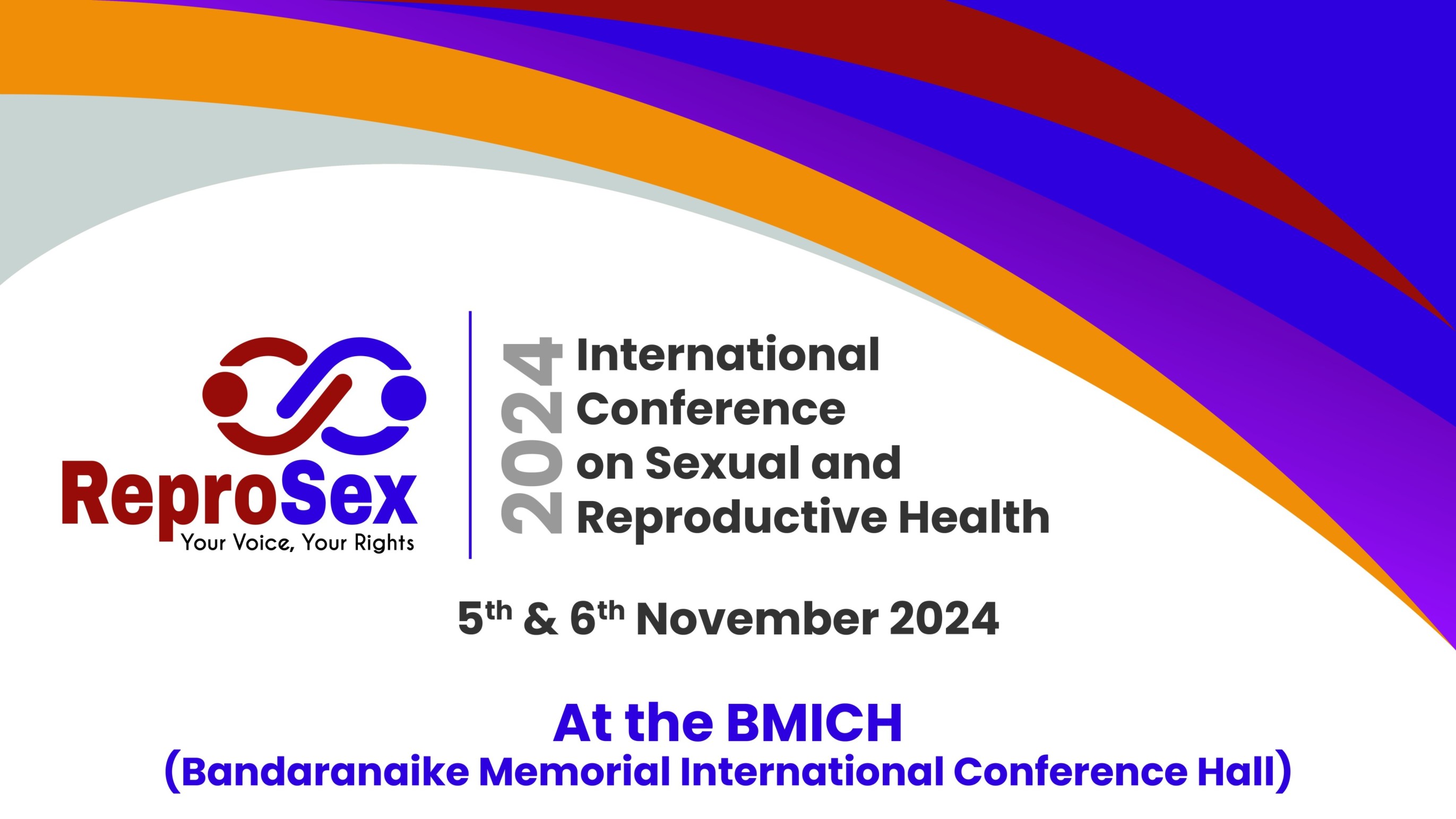
About ReproSex 2024
International SRH Conference
ReproSex 2024 stands as a beacon of knowledge, advocacy, and collaboration in the realm of sexual and reproductive health and rights (SRHR). As we embark on this transformative journey, we recognize the critical importance of addressing the multifaceted challenges and opportunities within the field of SRHR. From advancing reproductive rights and access to healthcare services to tackling societal taboos and inequalities, ReproSex 2024 aims to foster inclusive dialogue, catalyze innovative solutions, and drive tangible change. By convening diverse stakeholders, including researchers, policymakers, healthcare professionals, activists, and community leaders, this conference serves as a platform for sharing insights, exchanging best practices, and forging meaningful partnerships to promote SRH equity, dignity, and empowerment for all individuals and communities.
At the heart of ReproSex 2024 lies a commitment to holistic and rights-based approaches to SRH, grounded in principles of social justice, gender equity, and human rights. Recognizing the interconnectedness of various SRH issues, from family planning and contraception to HIV/AIDS and gender-based violence, this conference offers a comprehensive exploration of the complexities and intersections shaping SRHR landscapes worldwide. Through thematic tracks, workshops, panel discussions, and interactive sessions, participants will delve into critical topics such as legal dimensions of SRHR, youth engagement, healthcare access, technological innovations, and advocacy strategies. By embracing diversity, fostering inclusivity, and amplifying marginalized voices, ReproSex 2024 strives to pave the way for a more just, equitable, and compassionate future in the field of SRH.
ReproSex 2024, hosted by The Family Planning Association of Sri Lanka with the invaluable support of esteemed technical partners, promises to be a landmark event in the landscape of sexual and reproductive health. Planned for November 5th and 6th, 2024, at the prestigious BMICH, this conference brings together a diverse array of national and international speakers, experts, and stakeholders dedicated to advancing SRH agendas. With an anticipated attendance of 300 national and international participants, ReproSex 2024 will offer a dynamic platform for dialogue, collaboration, and action across 12 thematic tracks.

Important Dates

Abstract Submission Open

Abstract Submission Deadline

Notification of Acceptance

Submission of Improved Abstracts

ReproSex 2024
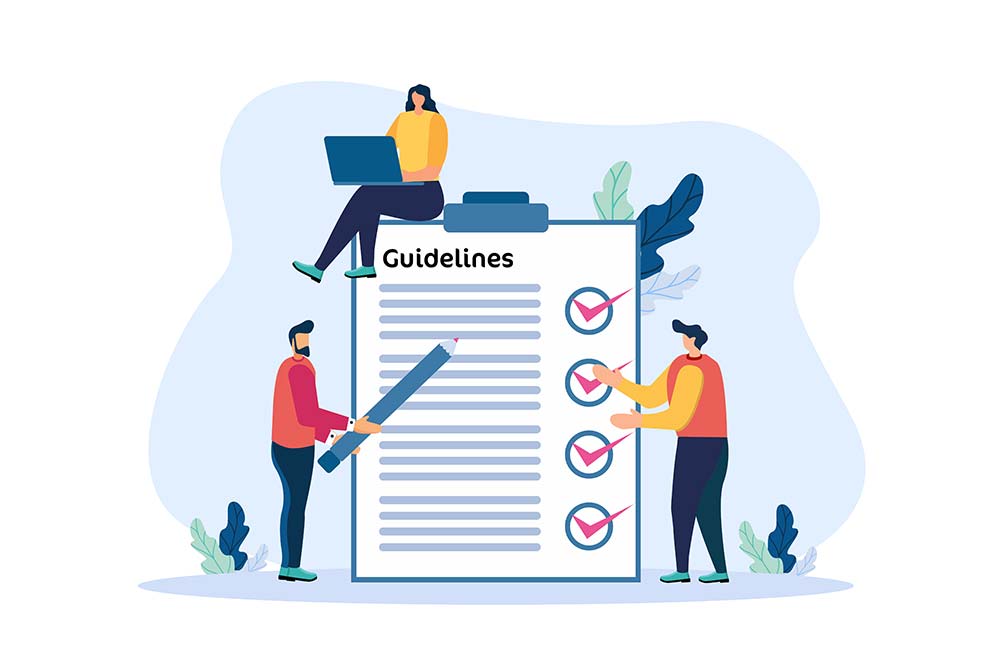
Theme
Universal Access to Sexual and Reproductive Health as a Right for All
Tracks
ReproSex 2024 offers a dynamic platform for engaging with the latest advancements, challenges, and opportunities in sexual and reproductive health (SRH). With ten thematic tracks covering a diverse range of topics, including challenging societal taboos, fostering financial independence, ensuring rights and justice, engaging youth, navigating complexity, advancing innovations in SRH services, empowering choices in contraception and family planning, promoting equality across the spectrum, insightful inquiries into monitoring and evaluation, and advocating for policy change, ReproSex 2024 promises to be an enriching and enlightening experience for all participants.
- Understanding how socioeconomic factors intersect with broader landscape of SRH
- Period poverty and its determinant in Sri Lanka including taxation on menstrual products
- Addressing the unique needs of marginalized populations, such as refugees and migrants, in SRH programming
- Examining the impact of disability on sexual and reproductive health access and rights
- The impact of the economic recession on Sexual and Reproductive Health in Sri Lanka
- Examining the prevalence and manifestations of gender-based violence, including intimate partner violence, sexual assault and harassment, child marriage, forced marriage, rape, incest and marital rape across diverse populations.
- Strategies for prevention, response, and support, including legal protections, counseling services, and shelters for survivors of GBV.
- Supporting initiatives to advance LGBTIQ+ inclusion in healthcare, education, employment, and other areas of public life.
- Sexual and Reproductive Health concerns among youth and adolescents
- Developing and implementing innovative and culturally sensitive sexual and reproductive health education programmes
- Training educators and healthcare providers on delivering inclusive and accurate SRH information and services
- Integrating digital platforms and technology in SRH education initiatives
- Creating youth-friendly SRH clinics and services tailored to adolescents' needs
- Utilizing telemedicine, mobile health solutions, home delivery and self-care to expand access to SRH services
- Improving access to SRH services and information through Digital Health Interventions and social media
- Technological innovations to support policy advocacy, social mobilization, social and behavioral change in SRH
- Innovative methods of contraception
- Socio-demographic and geographical disparities in family planning
- Exploring innovative approaches to address social and cultural barriers to family planning, including stigma, misinformation, and partner communication.
- Challenges in access to emergency contraception for vulnerable populations, including survivors of sexual violence.
- Global and national trends in subfertility prevalence, incidence rates, and demographic patterns, including age-related fertility decline and geographic disparities.
- Latest advancements in Assisted Reproductive Technologies (ART)
- Barriers to accessing fertility care, including socioeconomic factors, geographical location, and healthcare infrastructure limitations.
- Population and SRH; Opportunities and challenges for the next decade.
- Impact of Internal and External Migration on Sexual and Reproductive Health
- Sexual and Reproductive Health challenges on population ageing: Unique SRH needs of Ageing Populations, Menopause, and Elderly
- Effect of age of marriage, divorce, contraception, abortion and subfertility as determinants of fertility
- Establishing innovative methods of data collection mechanisms to capture information on SRH service utilization, accessibility, and quality.
- Enhancing data visualization and dissemination strategies to communicate research findings effectively to diverse audiences.
- Exploring innovative approaches to data collection, including digital health technologies, mobile applications, and geospatial mapping.
- Conducting evaluations to assess the effectiveness of SRH interventions, programs, and policies.
- Innovations in HIV Prevention including behavioral and biological interventions.
- Latest developments in HIV and STI testing technologies, including rapid diagnostic tests (RDTs), point-of-care testing (POCT), and self-testing kits.
- Integrating HIV and STI services with other healthcare services, such as sexual and reproductive health, mental health, and substance use treatment.
- Impact of stigma and discrimination on HIV and STI prevention, testing, and care-seeking behaviors.
- Unique challenges faced by populations affected by humanitarian crises, including conflicts, natural disasters, and displacement, in accessing SRH services.
- Best practices and innovative approaches for delivering SRH care in humanitarian settings
- Impact of climate change on SRH outcomes, including changes in temperature, rainfall patterns, natural disasters, and displacement.
- Integration of SRH and reproductive rights into climate change adaptation and resilience strategies
- Attitudes and beliefs surrounding induced abortion in Sri Lanka
- Availability and accessibility of medical abortion pills for Sri Lankan women
- Historical perspectives on abortion laws and regulations
- Socio-economic factors influencing abortion decisions
- Exploring vaccination programs and other preventive measures for cervical cancer
- Investigating risk factors of cervical, breast, and prostate cancers
- Exploring innovative screening technologies, such as liquid-based cytology, mammography, MRI, PSA testing, and genetic testing
- Assessing the efficacy and accessibility of screening programs for cervical, breast, and prostate cancers
- Examining disparities in cancer prevention, screening, and treatment access among different populations

.png)
